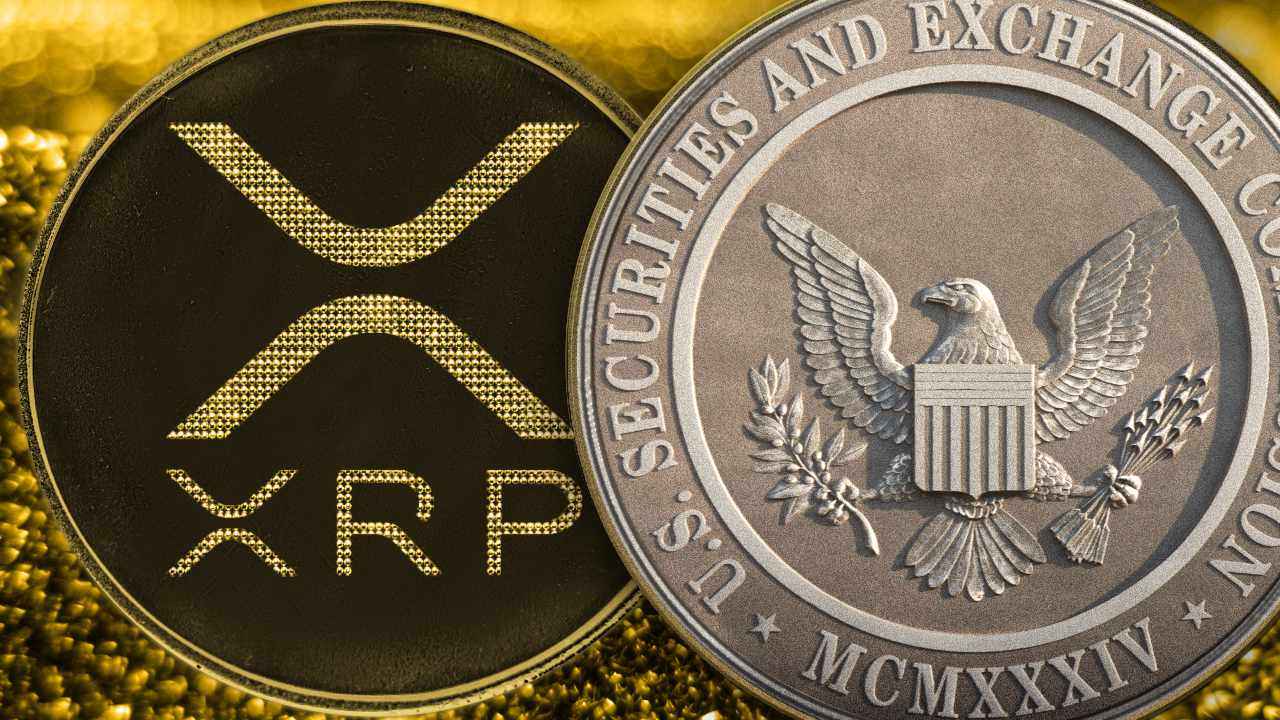|
Getting your Trinity Audio player ready...
|
The ongoing saga between the SEC and Ripple Labs continues to twist and turn. The latest development involves a disagreement over sealing evidence related to potential remedies in the case. Legal analyst Bill Morgan has seized this opportunity to criticize the SEC’s stance, raising questions about the Commission’s understanding of Ripple’s business.
Morgan Takes Aim at SEC’s Argument
Morgan took to social media to point out inconsistencies in the SEC’s arguments. He specifically highlighted the agency’s apparent confusion regarding Ripple’s On-Demand Liquidity (ODL) contracts. These contracts, according to Morgan, require customers to purchase XRP at market price and use it for transactions, not as an investment.
“The SEC clarifies that none of the discounted sales to institutions were ODL contracts,” Morgan stated. This distinction directly undermines the SEC’s claim that Ripple’s institutional contracts constitute security offerings.
The SEC, in its opposition to sealing evidence, emphasized the importance of public access to judicial proceedings. Citing a landmark case, the Commission argued that “the common law right of public access to judicial documents is firmly rooted in our nation’s history.”
Furthermore, the SEC contends that the financial information Ripple seeks to redact is crucial for determining appropriate remedies. This includes data on Ripple’s assets, sales, and investor discounts. The SEC argues this information is not outdated and its disclosure wouldn’t significantly harm Ripple.
ODL Contracts: A Potential Game Changer?
Morgan believes the SEC’s admission regarding ODL contracts is a significant development. He emphasizes how this distinction aligns with Judge Torres’ previous statement that ODL contracts lack the characteristics of investment contracts.
“The ODL contracts require…customers to use the XRP in ODL transactions and agree not to hold them as investments,” Morgan noted. “It remains a mystery why Judge Torres lumped them in with the other contracts.”
A Complex Case with High Stakes
Morgan’s critique underscores the intricate nature of the SEC’s case against Ripple. If the court sides with the SEC, Ripple’s financial records will be exposed to public scrutiny. However, the distinction between ODL and other institutional contracts might prove pivotal in the case’s outcome. Only by carefully examining these nuances can the court determine the extent of Ripple’s potential securities law violations and define appropriate remedies.
I’m your translator between the financial Old World and the new frontier of crypto. After a career demystifying economics and markets, I enjoy elucidating crypto – from investment risks to earth-shaking potential. Let’s explore!




